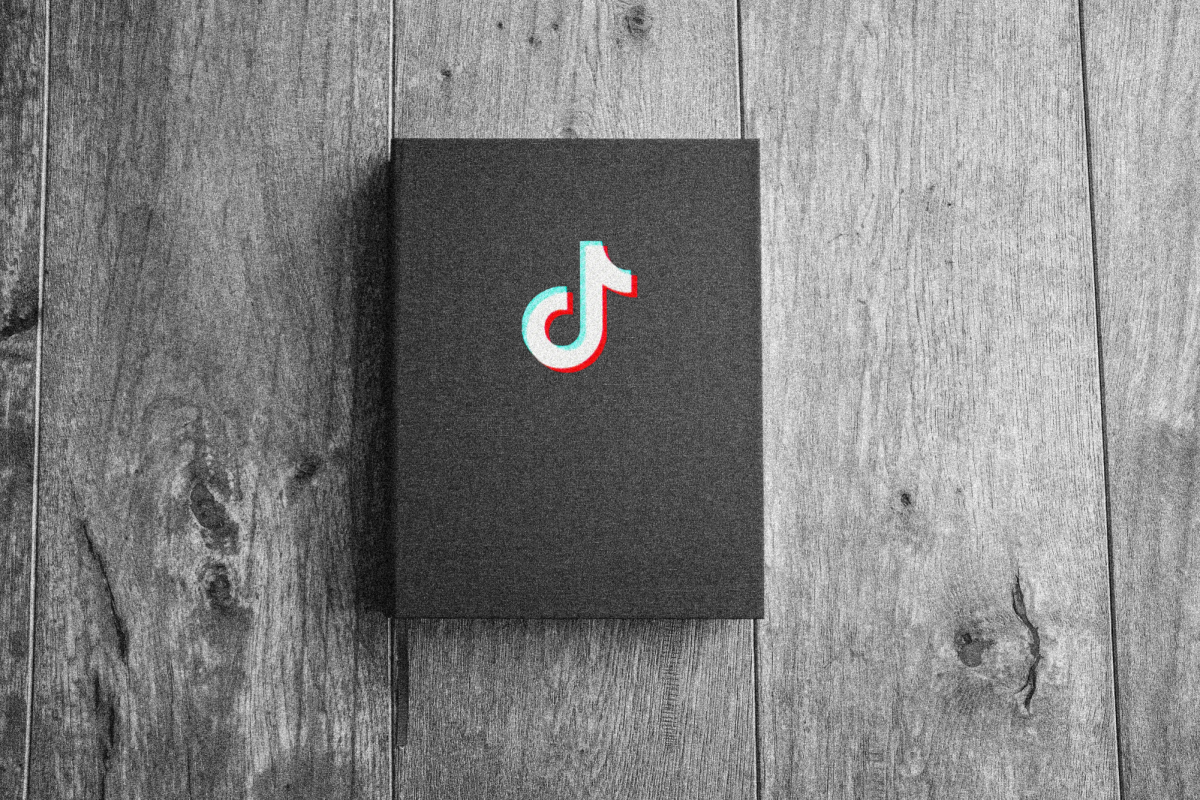If there is one form of societal advocacy that is given a bad rep, it is the kind that lives on social media. People like to label “hashtag activism” as lazy and unproductive, but it is actually a method of involvement that can reach millions of people in a minuscule amount of time, effectively crossing borders and connecting individuals who otherwise may never have related to one another. Facebook, Instagram and Twitter have quickly become prime advocacy platforms.
Many times, the waves of hashtag activism we see concerning political, economic, gender, social and religious issues are especially meaningful to individuals with stories and experiences to offer in the hopes of positively affecting another human being, no matter their life situation or geographic location. Social media activism is often misunderstood as a cheap ploy for attention or “likes,” while it should be valued for its potency in offering the freedom to contribute to a larger narrative on many sensitive subjects.
One such movement that has gained negative attention is the #shoutyourabortion campaign. Amelia Bonow, a 30-year-old woman from Seattle, started the onslaught of anecdotes when she decided to share her Planned Parenthood abortion story followed by the hashtag and encouraged other women to do the same. Bonow was attempting to simply change the conversation and debate concerning the Planned Parenthood institution as well as make people see that there was not one tired tale of a sexually irresponsible woman who used abortion as a form of birth control. More than 150,000 women stood up (virtually) to share their stories, thereby resisting a stigma concerning abortion and women who choose to get one.
Half of all pregnancies are unintended in the United States, and four of 10 of these pregnancies are terminated early. Abortion is no longer taboo and should not be treated as such. Critics of the campaign were not hard to find, and Bonow even left her apartment after receiving death threats via Twitter (note the irony in pro-life constituents sending death threats to a woman for speaking her mind). Many people looked at the women sharing their personal experience as them shouting proudly about their abortions. However, that is not what the movement is about. There is no shame in getting an abortion, but many women who have chosen that path understand that there are emotional repercussions that come with the difficult decision. The goal of the project is to honestly help women who stayed quiet before for fear of backlash share their story if they so wish.
Additionally, #shoutyourabortion connects women to one another all across the globe and gives a face to the statistics we have been bombarded with concerning abortion since the Planned Parenthood funding debate. It is easy to vilify people when we do not understand that they are our neighbors, colleagues, teachers and friends. This instance of hashtag activism shows that abortion is not an issue of inconvenient pregnancy, but brave and courageous choices after extreme life situations, whether they are unplanned pregnancies after instances of failed birth control or rape, or situations of maternal and fetal medical emergencies. Social media sites have and will continue to serve as positive and powerful agencies to communication, connection and change.











